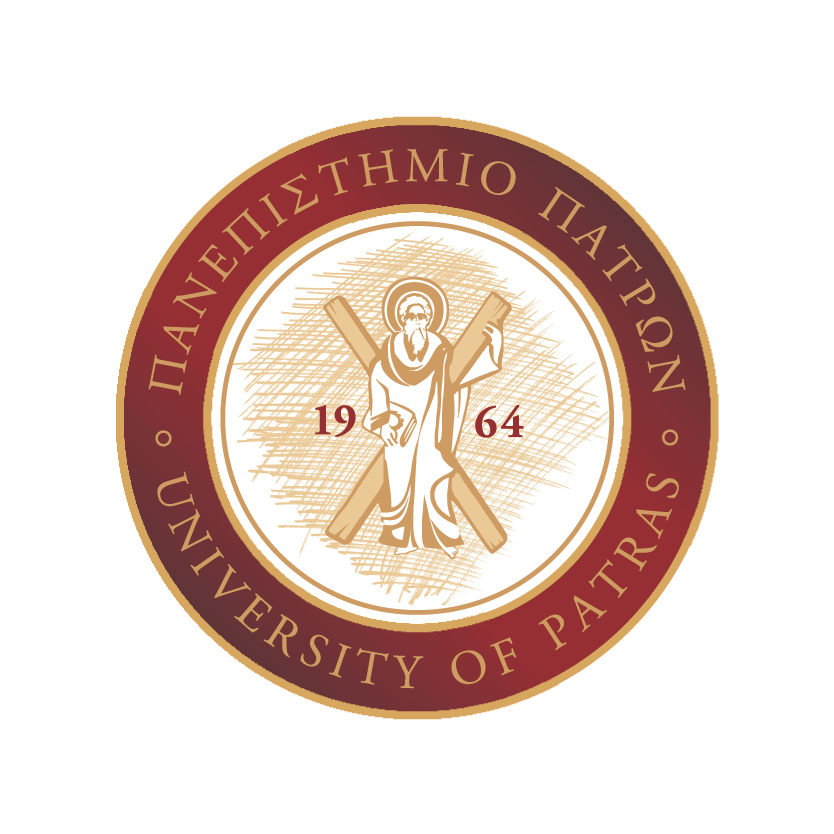questions for the exams
- Monday, January 14, 2019 at 4:23 PM -
dear students
I have already sent you the materials that you need to study for the exams.
Please note that all of you need to know the following
QUESTIONS
- WHAT IS AN ABSTRACT?= An abstractis a brief summary of a research article, thesis, review, conference proceeding, or any in-depth analysis of a particular subject and is often used to help the reader quickly ascertain the paper's purpose
- WHAT IS AN ARGUMENT= an argumentis a series of statements (in a natural language), called the premises intended to determine the degree of truth of another statement, the conclusion. An argument takes a stand on an issue. It seeks to persuade an audience of a point of view in much the same way that a lawyer argues a case in a court of law. It is NOT a description or a summary.
- WHAT IS AN INTRODUCTION OF A PAPER-= The introduction leads the reader from a general subject area to a particular topic of inquiry. It establishes the scope, context, and significance of the research being conducted by summarizing current understanding and background information about the topic, stating the purpose of the work in the form of the research problem supported by a hypothesis or a set of questions, explaining briefly the methodological approach used to examine the research problem, highlighting the potential outcomes your study can reveal, and outlining the remaining structure and organization of the paper.
- WHAT IS A CONCLUSION OF A PAPER= The conclusion allows you to have the final say on the issues you have raised in your paper, to synthesize your thoughts, to demonstrate the importance of your ideas, and to propel your reader to a new view of the subject. It is also your opportunity to make a good final impression and to end on a positive note.
- WHAT IS A THESIS STATEMENT= A thesis statement:
- tells the reader how you will interpret the significance of the subject matter under discussion.
- is a road map for the paper; in other words, it tells the reader what to expect from the rest of the paper.
- directly answers the question asked of you. A thesis is an interpretation of a question or subject, not the subject itself. The subject, or topic, of an essay might be World War II or Moby Dick; a thesis must then offer a way to understand the war or the novel.
- makes a claim that others might dispute.
- WHAT IS A LITERATURE REVIEW= A literature review has four main objectives:
- It surveysthe literature in your chosen area of study
- It synthesisesthe information in that literature into a summary
- It critically analysesthe information gathered by identifying gaps in current knowledge; by showing limitations of theories and points of view; and by formulating areas for further research and reviewing areas of controversy
- It presentsthe literature in an organised way
A literature review shows your readers that you have an in-depth grasp of your subject; and that you understand where your own research fits into and adds to an existing body of agreed knowledge.
- WHAT IS CRITICAL THINKING= Critical thinkingis the objective analysis of facts to form a judgment. The subject is complex, and several different definitions exist, which generally include the rational, skeptical, unbiased analysis, or evaluation of factual evidence
- WHAT IS EVIDENCE= Evidence, broadly construed, is anything presented in support of an assertion.]This support may be strong or weak. The strongest type of evidence is that which provides direct proofof the truth of an assertion.
- WHAT IS TENTATIVE LANGUAGE= In academic writing we need to acknowledge that many of the statements or claims that we make cannot be absolutely certain. We cannot make statements without evidence (research or data) and often we cannot be certain that our statements or ideas are true in every case. Therefore, academic writing requires us to qualify our statements and to do this we often use tentative or cautious language.
- WHAT IS REFERENCING AND WHY IT IS IMPORTANT= Referencing is used to tell the reader where ideas from other sources have been used in an assignment. Referencing Helps to show that you have been thorough and careful (or rigorous) in your academic work Indicates what material is the work of another person or is from another source · Indicates what material is your original work since you have provided a citation for work that is not your own · Allows the reader to refer back to any external material (i.e., not your own) that you have stated or discussed · Provides the reader with an indication of the quality and authority of the material you are referencing (e.g., published article in a respected journal, unpublished opinion piece on a popular online website) Of course the relevance and importance of material is dependent on your topic
